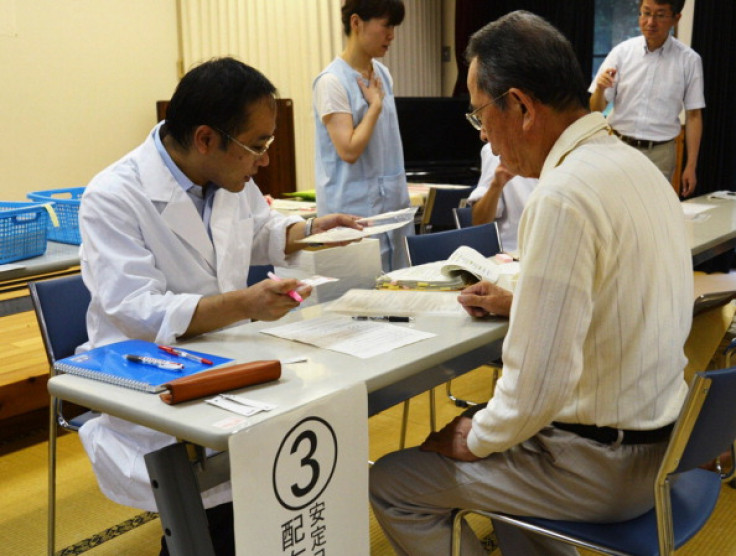Japan Distributes Anti-Radiation Pills Ahead of Sendai Nuclear Restart

Japanese officials are distributing radiation-blocking iodine tablets to people living in the neighbourhoods in the vicinity of two nuclear reactors due to restart this year.
Distribution began on 27 July for people living within a five-kilometre (three-mile) radius of the Sendai nuclear plant, located approximately 1,000 kilometres from Tokyo, in the Satsumasendai city of Japan.
An estimated 4,700 people have been given iodine tablets, some as young as three years old, with several dozen people refusing the free pills.
The pills putatively offer protection to the human thyroid gland in the event of airborne radiation by reducing the radiation build-up in the body. However, there is debate over their effectiveness, reported AFP.
"The central government has guidelines for distributing iodine pills and we asked the affected residents to keep them in easy to remember places, such as medicine cabinets," said a Japanese official.
The Sendai nuclear plant site has recently cleared new safety standards and could start operations in few months.
Japanese Prime Minister Shinzo Abe has been attempting to persuade the public that the world's third largest economy should return to an energy source that once used to provide over a quarter of its power. However, Abe has suffered major public backlash following the March 2001 Fukushima nuclear disaster.
All of Japan's nuclear reactors were shut down gradually as part of the safety drive imposed after the tsunami triggered Fukushima nuclear disaster. The closures left the country with no nuclear-derived electricity for the first time since 1970.
Thousands of residents who used to live near the Fukushima nuclear plant may never be able to return to their homes following the 2011 disaster.
© Copyright IBTimes 2024. All rights reserved.






